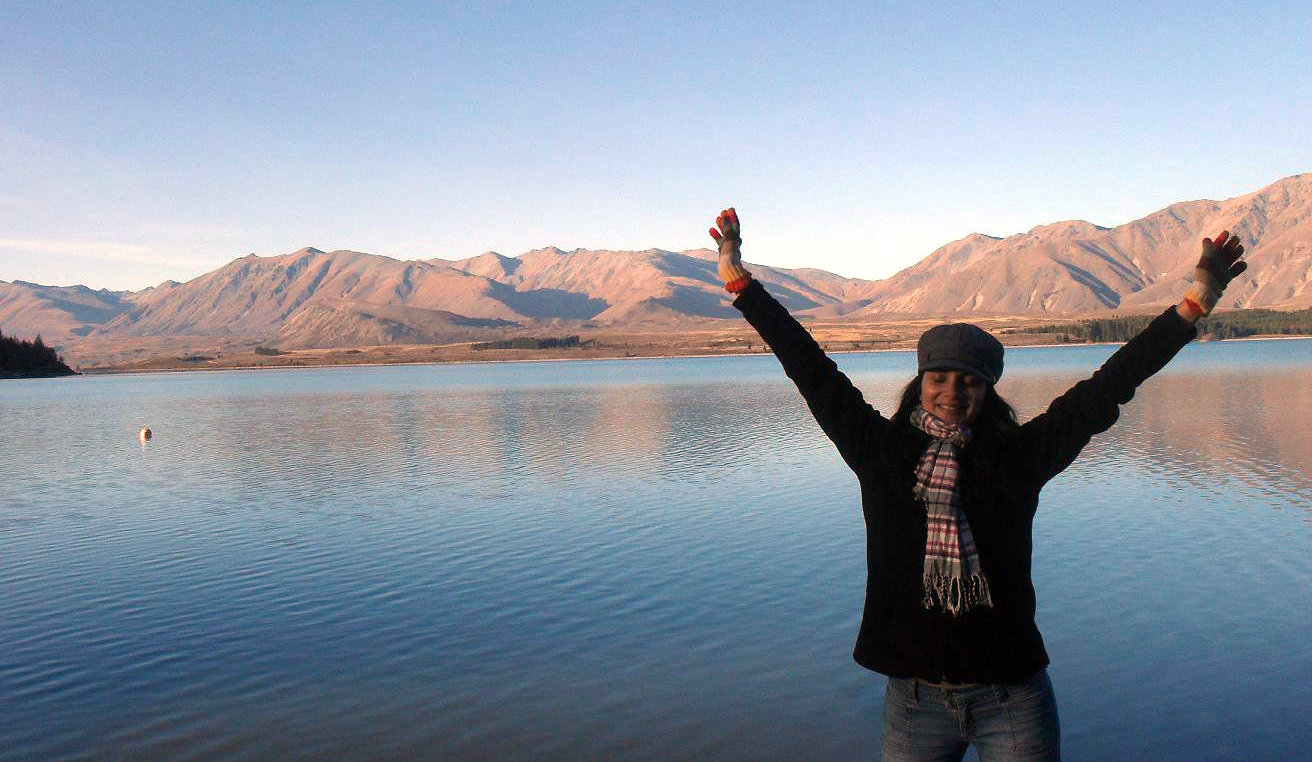Global warming due to human activity has been on the rise, and it is a significant concern. As the people who inhabit the world, we need to come up with ways to minimize its impact on the future generation. One way to achieve this is through sustainable traveling. Over the past years, traveling has been the leading contributor to pollution due to carbon emissions from the traveling vessels.
The most sustainable way to travel is by reducing the carbon print produced by the transport vessels. Carbon is a massive threat to our ecosystem, and it is one of the most popular pollutants. The world population is growing, and it’s not right for it to grow with the carbon footprint for a better tomorrow.
What is carbon footprint?

This term is used to imply the emission of greenhouse gases, mostly containing carbon dioxide. Industrial activity and other human activities are also responsible for the emission of these gases. To find out more about its effects find more info below.
The importance of reducing carbon footprint.
The emission of product gases such as carbon dioxide has a significant effect on the environment. Some of the notable effects are sudden temperature increase changes, which has a profound impact on the ice caps that, in turn, increases the sea levels.
It may sound as impossible, but we may have some of the coastal regions wholly submerged. It brings about climatical changes that interfere with the usual weather patterns. We depend on the weather to grow food for human sustenance, and it may lead to drought and food shortages.

One of the effective ways of reducing the carbon footprint would be through sustainable traveling. Individuals who own cars could opt for public transport means once in a while to reduce traffic and carbon emission. You could also choose to travel with a vessel that has less carbon emissions. The introduction of electric cars could drastically help to keep the world safe for ourselves and the generations to come.
